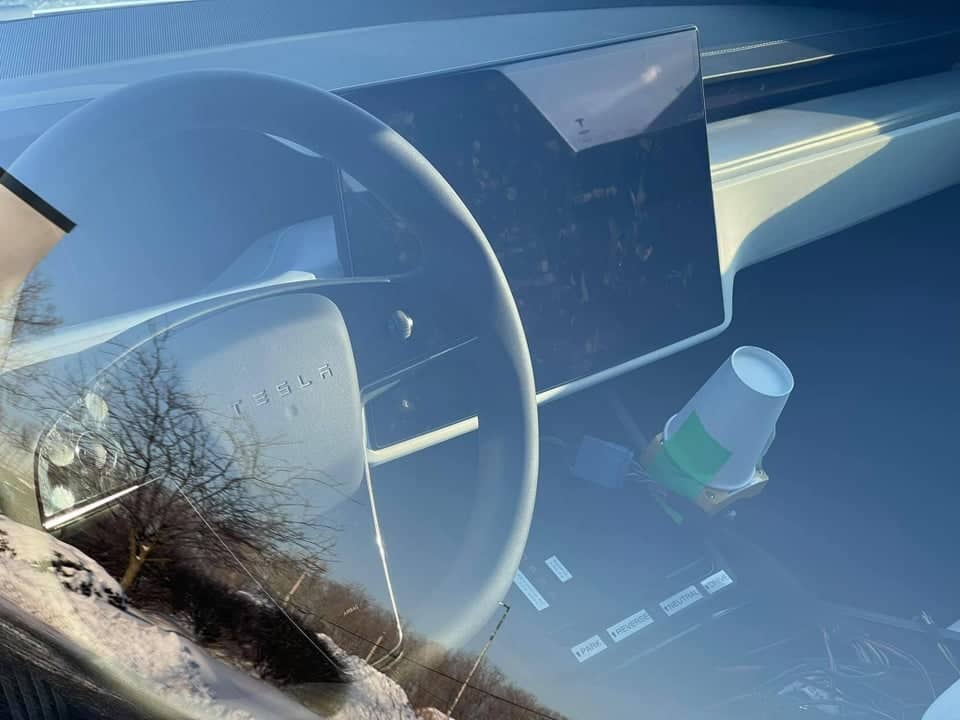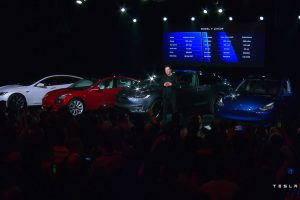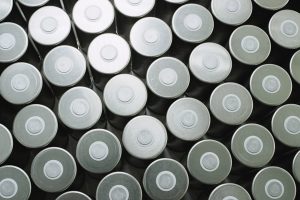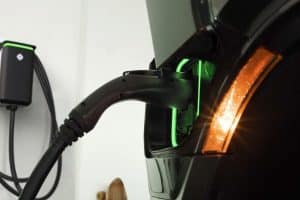A large number of problems faced by the electric car maker in its first few years of mass-scale vehicle production have been solved by Tesla’s focus on manufacturing. With only two operating vehicle manufacturing facilities and many more on the way, the main production benefit of Tesla does not inherently come down to efficiencies and solving bottlenecks. It has to do, instead, with something entirely out of its control: Legacy Auto’s stranded assets.
Millions of vehicles each year have been pumped out by major vehicle producers in sometimes 50 to 100, sometimes more, global facilities. For starters, Volkswagen has 136 production plants all over the world. This huge manufacturing activity has resulted in the delivery of 9.3 million VW cars in 2020, a small decline from almost 11 million in 2019. However, some of its competitiveness and profits were certainly washed away by the COVID-19 pandemic.
But Volkswagen, like many other manufacturers, is still in limbo. If the German company does not sort out its problems with electric car tech, a decline is inevitable, despite being one of the world’s biggest brands. And if it does, it still has 136 manufacturing facilities and only a handful of them produce electric vehicles. All of the company’s factories, however, will need to be transformed into EV manufacturing facilities, a far cry from the existing gas-powered powertrains that it currently builds at 98% of its assets.
In 17 countries, Mercedes-Benz has 93 sites. In 15 nations, BMW has 31 facilities. Across the globe, Ford has 65 sites.
These plants have been everything to the world’s largest car brands for decades. Although the automotive sector has been powered by petrol for 99% of the history of the automotive industry, EVs are slowly but steadily making their way into the picture. Eventually, they will all create electric powertrains like too many plants for the legacy automakers. But sadly, what has been a strength in the past for so many car companies will soon become a burden as EVs take over market share, become more desirable and more sought after by buyers, and since electrification has taken over, gas cars are few and far between. If they do not think of a proposal to turn these facilities into EV manufacturing plants, the largest, most profitable, most popular brands on vehicles worldwide would soon have a serious problem on their hands.
In June 2020, Volkswagen completed the manufacture of ICE at its Zwickau facility in Mosel, Germany. After the company declared that the last gas-powered engine had rolled off the plant’s production lines, all technicians, assembly staff, and production engineers were then trained on how to operate electric powertrains.
The company announced that 20,500 total days of training time would be offered to those holding jobs in Zwickau, giving the workers no doubts about the path towards which the German automaker was going. The entire transformation phase took six to eight months to convert the factory.
This is fine, but that’s a lot of time, a lot of people to train, and a lot of money to spend when a company has 136 plants. Eventually, unless companies decide to upgrade their hardware, train the workers, and prepare for an electric future, the plants that have pumped out billions of dollars worth of ICE cars will be made useless.
Companies are intelligent; there are many explanations why these car companies have been at the top of the industry for a long time. It is disturbing to know that the trillions of dollars they have poured into creating a global powerhouse of manufacturing facilities could all be a waste as ICE cars are eventually being phased out, but maybe this is why so many company have avoided working on EVs: it is terrifying to think of upgrading so many plants.
Nonetheless, it will finally need to be finished. But manufacturers are trying to save their faces and their balance sheets right now, particularly in such a difficult economic period, by keeping this narrative that EVs are not that relevant, that gas cars will still dominate, and that customers can continue buying petrol-powered machines. Manufacturers want to drive customers in a direction, even though they recognize that it does not comply with climate or sustainability problems, since they know that substantial changes will be required for their plants. It takes time and money to do it, and car companies don’t have any of it.
It makes more sense to force gas cars on customers for these legacy automakers and set aside any notions of an EV being a better choice.
In years to come, Tesla sits in a prime position to dominate the EV market. It is no secret that the company’s automobiles are the world’s highest quality electric cars; range and efficiency have led for many years to this. EVs, however, are the way of the future, and while Tesla has to build new plants to build EVs, they are not being designed on the large scale that their cars are built by ICE manufacturers. EVs are only a relatively small portion of the automotive market worldwide, and the growth of Tesla is on par with the industry as a whole, largely because it is actually dominated by them.
136 plants won’t have to be built by Tesla. Old factories that churn out useless powertrains would not have to move. It will have to build more, but that will not fully stop production, particularly considering that the two factories it now has are handling demand without much of a problem.
For centuries to come, Tesla’s plants are going to be commodities. In the meantime, other car manufacturers have concentrated on the global scaling of their vehicle fleets, only realizing that in a few years their strategically located manufacturing plants will all be useless unless companies start transitioning their once high-powered manufacturing facilities to EV-based production lines.
Ready to join Tesla’s Mission to accelerate the world’s transition to sustainable energy? Feel free to use my referral code to get some free Supercharging miles with your purchase: http://ts.la/guanyu3423
You can also get a $100 discount on Tesla Solar with that code.





